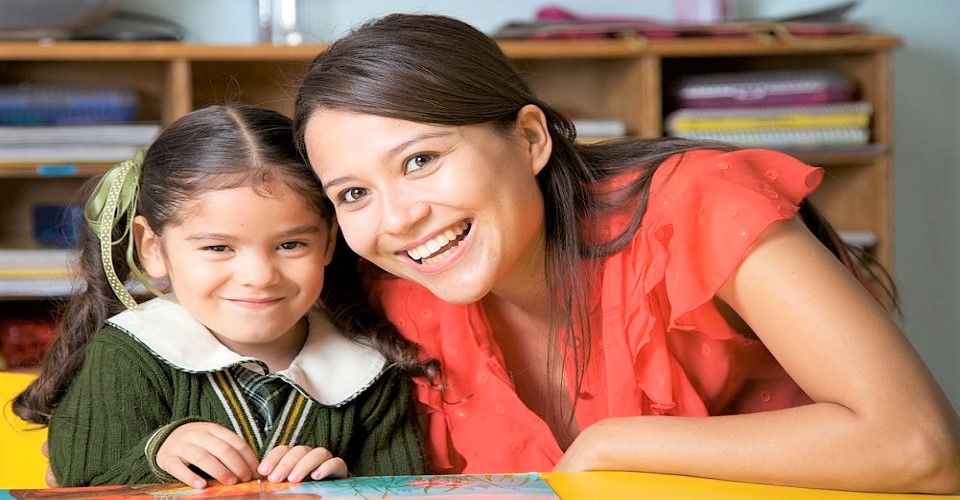Teaching Elementary Students about Identity and Diversity
30th April 2021
The topic of equality and diversity, also known as multiculturalism, among the students in today’s classroom is of utmost necessity for teachers to discuss; however, this requires the students have the understanding and voice to talk about these issues in the real world. Alongside, the students also need to develop empathy for every other person who belongs to a different gender, race, and religion, has a different culture or disability issues so all are treated fairly and equally. Inclusiveness among learners must be encouraged in all form by the educators to foster a safe and positive learning environment in today’s 21st century inclusive classrooms.
Acquaint your students with Identity and Diversity
To develop, promote and sustain inclusiveness in society in the near future, students who are the future of the nations, must be made aware of such concepts from an early age. On the other hand, this requires the learners to be aware of their identities so that they can comprehend and also respect the identity of others before they can judge what is right or wrong. The attitudes and mind-sets related to the identity and diversity help provide a clear concept for perspective-taking and empathy. It might be possible that your students are already aware of their identity and respect diversity, acquired at home, from their parents/caregivers.
However, teachers with good student counseling techniques know that they must lay some basic groundwork as well. This can be as simple as creating groups with diverse learners for a project/assessment, encouraging them to work collaboratively. As the young learners learn more about their identities and uniqueness, they are better able to embrace others identities and experiences, identifying commonalities and accepting diversity in all spheres of life. In the process, they learn that being unique and different is not something that must be shamed, rather it must be celebrated to achieve a coherent and progressive society. As children learn to respect and develop a healthy curiosity towards other children, it helps to better connect with them at so many levels. In the process, these children also develop a sense of concern and a keen desire to help others.
Keep parents aware!
It is during these early years that an individual’s thought-process and mindset are influenced the most. Hence, if students are better able to understand and accept others, they will never find it difficult to adjust and be empathetic in similar situations when they grow up and face the real world. However, parents and care-givers should also be kept in the loop when teachers plan to discuss such sensitive issues with their children in the classroom. This will enable them to follow the same thought-process and action at home too, and since elementary students need repetition and reinforcement for anything new that we are trying to teach them, such initiatives will help the children come to grips with a new situation easily.
Teachers who are taking up counseling courses for teachers will find it way easier to convey such sensitive information to their students in the most student-friendly manner possible.
Written By : Anindita Das